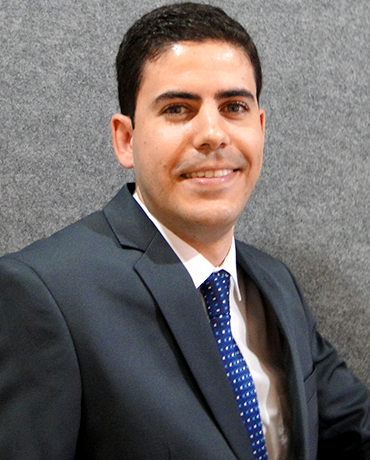Mobile health technologies with applications in medicine
Luis Pacheco, Brigham and Women’s Hospital and Harvard Medical School
The application of mobile devices to healthcare (including smartphones, tablets and wearable devices) is now defined as mobile Health (mHealth). mHealth is increasingly becoming a prominent part of the healthcare system and holds promising for improving patients’ access to diagnosis and treatment and for enhancing adherence and self-management of treatment regimens, particularly in resource-limited settings. Smartphone-based biosensing systems perfectly meet the mHealth diagnostics concept, as they can be used in a decentralized manner, have increasing data processing capabilities with low-to-moderate cost, and can be fully integrated with the public-health databases through the internet. At Prof. Hadi Shafiee’s Lab (Brigham and Women’s Hospital / Harvard Medical School; https://shafieelab.bwh.harvard.edu/) we have been developing smartphone-coupled mHealth technologies that have successfully been translated to reproductive health applications, including sperm quality analysis and ovulation testing, and also for infectious diseases diagnostics, such as Zika virus detection and HIV viral load quantitation. We employ a highly interdisciplinary approach to develop these technologies, combining microfluidics, nanotechnology, 3D printing, mobile microscopy and artificial intelligence. In this seminar I will present some of these recent technologies that have been developed by our group, with particular focus on the use of mobile phone-based imaging for mHealth diagnostics development.


